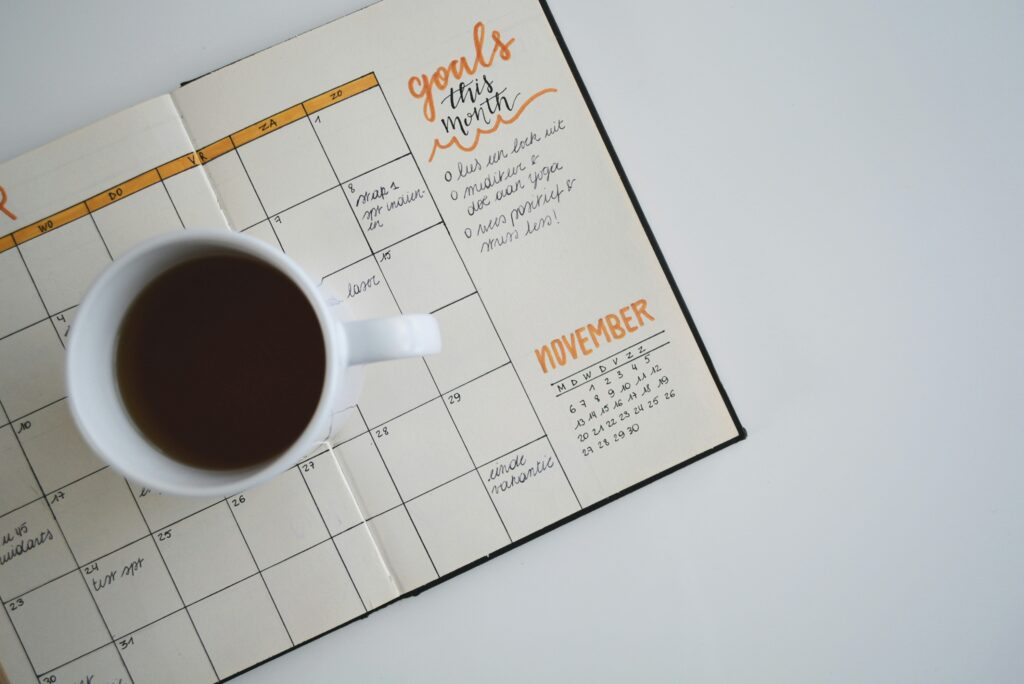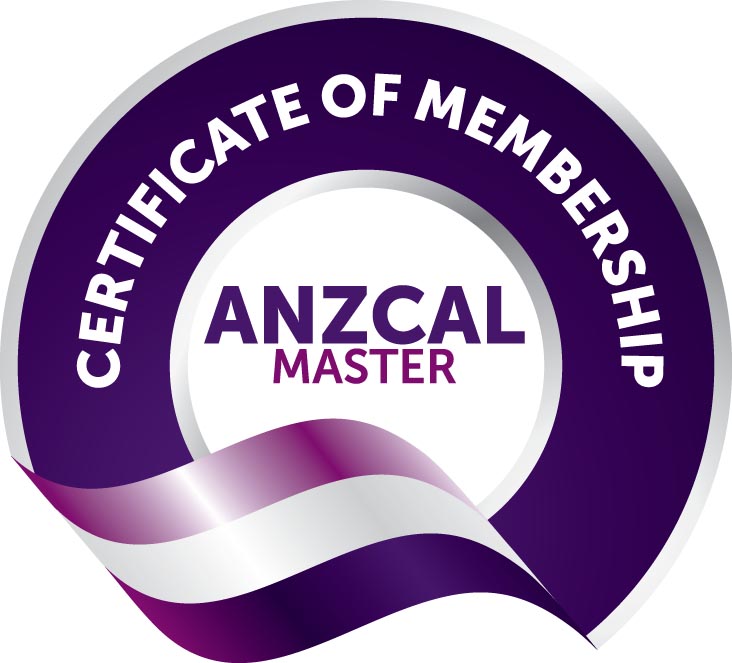Photo credit: Estee Jansens – Unsplash
Continuous professional development and lifelong learning are essential for early childhood educators to keep up with the latest research, trends and innovations in the field of early childhood education and care (ECE). Continuous learning is also important for the following reasons:
- enhancing our knowledge, skills, and confidence as educators;
- improving our practice and outcomes for children;
- advancing our career and professional growth.
However, engaging in continuous professional development and lifelong learning does not happen without the necessary motivation, commitment and planning. Here are some strategies that early childhood teachers and leaders can use to ensure engagement in continuous professional development and lifelong learning:
-
Identify your learning needs and goals
The first step to engaging in continuous professional development and lifelong learning is to identify your learning needs and goals. You can do this by reflecting on your strengths and areas for improvement as an educator; considering the needs and expectations of your students, families, colleagues, and employers; and exploring your interests and passions as a learner. You can also use tools such as self-assessment instruments, feedback surveys or professional standards to help you identify your learning needs and goals.
-
Seek feedback and support
Feedback and support are important sources of learning and growth for early childhood educators. Feedback can help you monitor your progress and adjust your actions as needed. Support can help you cope with challenges or difficulties, as well as celebrate your successes and achievements. You can seek feedback and support from your supervisors, mentors, peers or students on your performance and wellbeing. You can also join a professional network or community of practice where you can share ideas, resources, and experiences with other educators.
-
Choose appropriate learning opportunities
The next step to engaging in continuous professional development and lifelong learning is to choose appropriate learning opportunities that match your learning needs and goals. There are various types of learning opportunities available for early childhood educators, such as workshops, webinars, conferences, courses, books, articles, blogs, newsletters, podcasts, videos or online modules. You can choose learning opportunities that suit your preferences, abilities, availability and budget. You can also look for learning opportunities that are relevant, evidence-based and aligned with ethical standards and best practices in ECE.
-
Participate actively and critically
To make the most of your learning opportunities, you need to participate actively and critically. This means that you need to prepare yourself before, during, and after each learning opportunity. You need to set clear and realistic expectations; engage with the content and the facilitator; ask questions and share your opinions; interact with other learners; apply what you learn to your practice; and evaluate your learning outcomes. You also need to be critical of the information and perspectives that you encounter; compare them with your own experience and knowledge; and seek evidence and alternative views to support or challenge them.
-
Reflect on your learning
Being a reflective practitioner is a key characteristic of a professional who engages in continuous professional development and lifelong learning. Reflection is the process of thinking about what you have learned, how you have learned and how you can apply what you have learned. Reflection can help you consolidate your learning, identify gaps or misconceptions, deepen your understanding and plan for further learning. You can reflect on your learning by using tools such as journals, portfolios, or videos to document your reflections. You can also reflect on your learning with others, such as mentors, peers, or students, to gain different perspectives and feedback.
-
Keep a record of your learning
The final step to engaging in continuous professional development and lifelong learning is to keep a record of your learning. Keeping a record of your learning can help you track your progress, recognize your achievements and demonstrate your competence. You can keep a record of your learning by using tools such as certificates or transcripts to document your participation and completion of learning opportunities. You can also keep a record of your learning by using tools such as resumes, curricula vitae or portfolios to showcase your knowledge, skills and accomplishments. You can also use these tools to apply for further education, career advancement or recognition.
In summary, strategies that early childhood educators, teachers and leaders can use to engage in continuous professional development and lifelong learning are:
– Identify learning needs and goals
– Seek feedback and support
– Choose appropriate learning opportunities
– Participate actively and critically
– Reflect on learning
– Keep a record of learning
© Gaynor Clarke, August 2023
Gaynor Clarke
B.Ed (Teaching), Cert Tertiary Teaching, PGDip Ed, MEd Leadership
Reach. Teach. Lead.
Reach Education Ltd
Teacher Leadership Mentoring and Life Coaching. Personal and Professional Development.
Gaynor is a teacher educator and mentor facilitating personal & professional leadership wellbeing outcomes for teachers.
If you are an early childhood teacher or leader looking to enhance your leadership skills, I would love to work with you. As a leadership mentor and coach, I specialize in helping early childhood educators develop their leadership potential and make a positive impact for the ākonga they serve. If you are interested in learning more about my leadership mentoring services, please visit my website or contact me directly to schedule a consultation. I would love to work with you!
References:
Professional Development | NAEYC. https://www.naeyc.org/resources/pd.
Professional Development in the Early Childhood Field. https://www.purdueglobal.edu/blog/education/early-childhood-professional-development/








Leave a Comment
You must be logged in to post a comment.